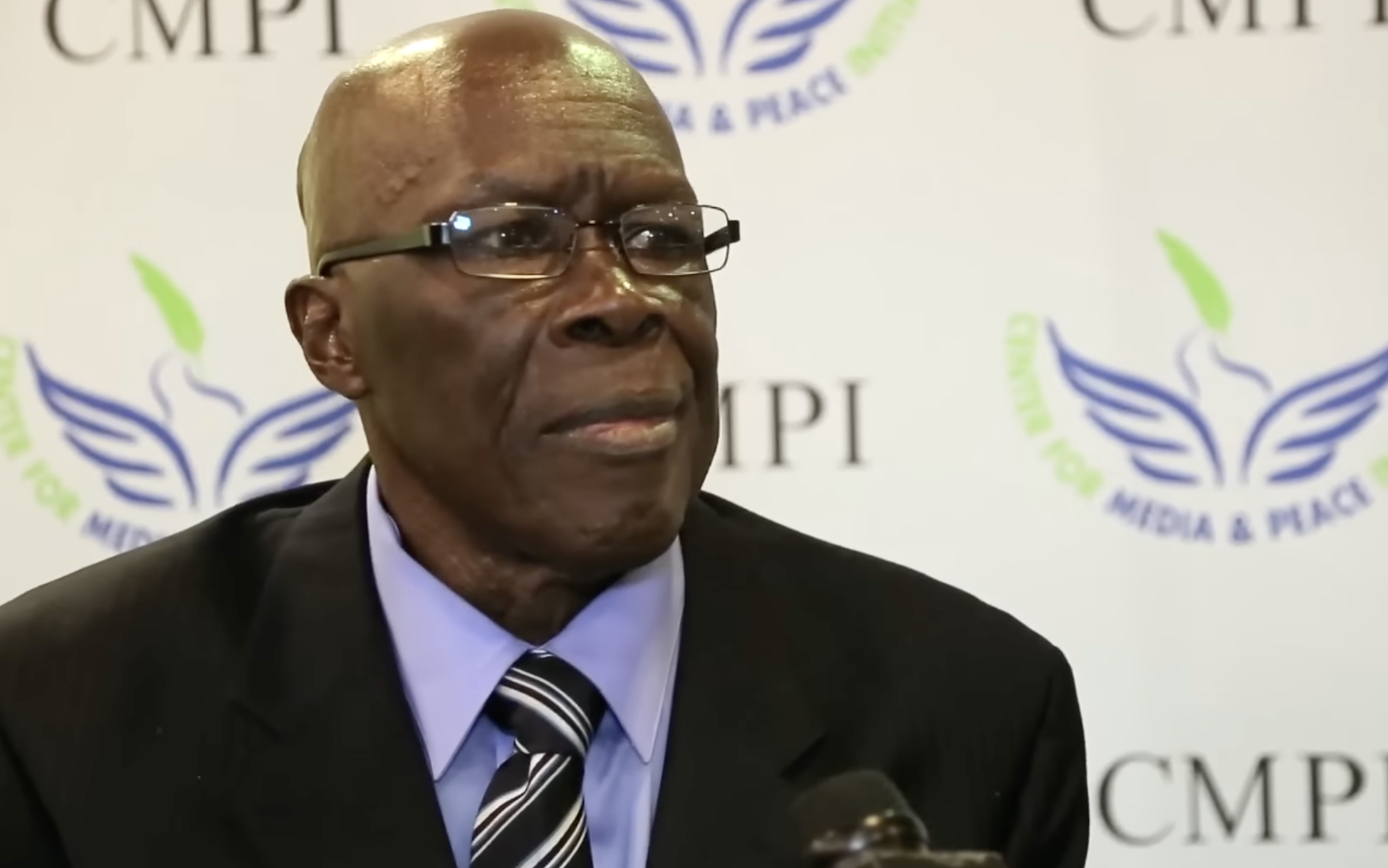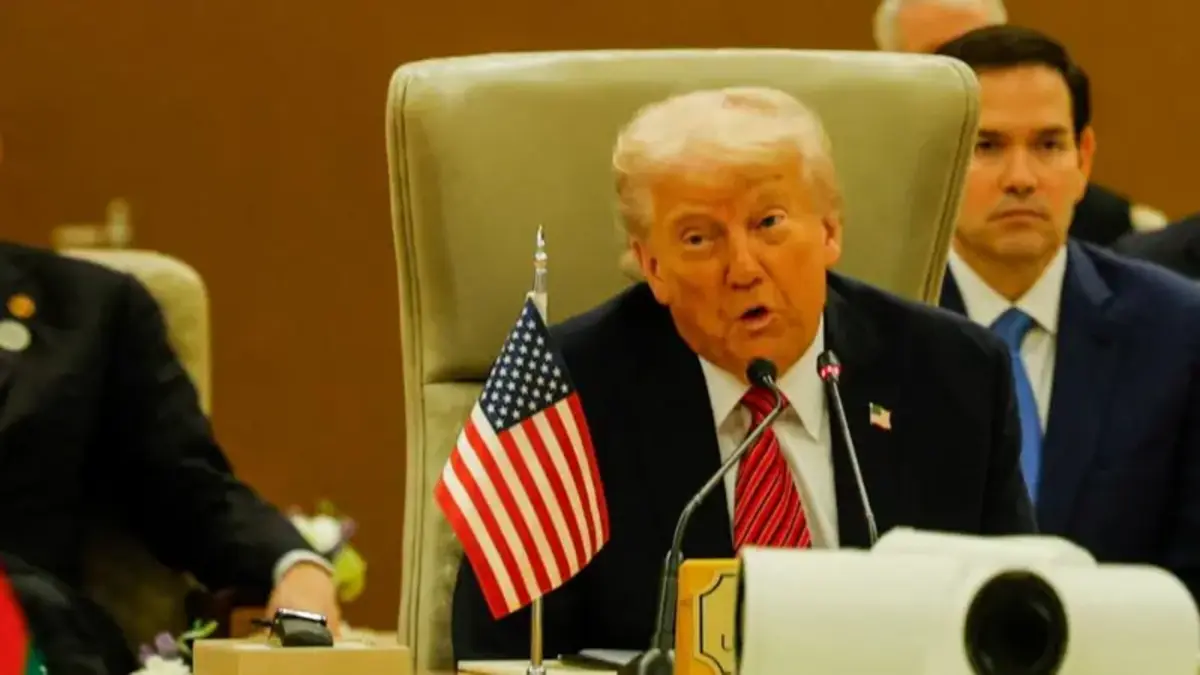Spain Could Transform Puerto Rico's Future by Offering Full Political Rights Economic Opportunity and Access to the European Union's Global Market - Travel And Tour World
Thursday, June 12, 2025

Puerto Rico, a U.S. territory with a population of 3.2 million, is confronting a significant crossroads in its political journey. For over a century, the island has navigated the complexities of being a U.S. territory, carrying the status of U.S. citizens but without full political rights, such as the ability to vote in presidential elections or send voting representatives to Congress. This unique situation has led to growing dissatisfaction and a push from certain segments of the population for a drastic shift in its future: reintegrating with Spain, its former colonial ruler, and potentially joining the European Union (EU).
Puerto Rico’s political identity has long been a topic of debate. In 1898, the island was ceded to the U.S. following the Spanish-American War, ending over four centuries of Spanish rule. Since becoming a U.S. territory, Puerto Rico’s political status has been characterized by its residents’ inability to fully participate in American democracy. While Puerto Ricans are U.S. citizens, they lack voting representation in Congress and are excluded from voting in presidential elections, which has led many to feel like second-class citizens within the U.S. political system.
Against this backdrop, the idea of Puerto Rico aligning once again with Spain has been gaining traction through the rise of the “Adelante Reunificacionistas” movement. Founded in 2017, this movement proposes that Puerto Rico sever its ties with the U.S. and reintegrate as Spain’s 18th autonomous community. Advocates argue that such a shift would provide Puerto Ricans with full political rights, economic opportunities, and a renewed sense of identity tied to their Hispanic heritage. The movement suggests that becoming part of Spain and the EU would offer Puerto Rico the chance to regain its cultural roots while also benefiting from the EU’s economic advantages, which include access to a market of over 440 million people.
Supporters of this movement emphasize Puerto Rico’s deep cultural connection to Spain, which dates back to its founding by Christopher Columbus in 1493. The island’s history under Spanish rule shaped much of its culture, language, and identity. Spanish remains the dominant language, spoken by over 95% of the population, and the island’s traditions, festivals, and values are deeply rooted in its Hispanic heritage. For many Puerto Ricans, this cultural bond with Spain is an essential aspect of their identity, making the idea of returning to Spain an appealing option.
Proponents of reintegration argue that the island’s current political situation under U.S. control has stifled its economic growth and prevented Puerto Rico from reaching its full potential. Despite being part of the U.S., Puerto Rico has faced persistent economic struggles, including high unemployment rates, a growing debt crisis, and limited access to federal funds. Advocates for reintegration believe that by joining Spain, Puerto Rico would have the opportunity to tap into the resources of the European Union, which could provide financial assistance, trade benefits, and access to EU markets. Furthermore, the movement argues that by becoming part of Spain, Puerto Rico would be able to gain full political representation, a right that is currently denied under the U.S. system.
However, the idea of reintegrating with Spain is not without its critics. Some Puerto Ricans are concerned about the implications of losing U.S. citizenship and the benefits associated with it, such as access to federal programs and social services. There are also concerns about the potential challenges of adopting the Euro as the island’s currency, moving away from the U.S. dollar. Critics also point to Puerto Rico’s history of colonialism under Spain and question whether returning to the same colonial power is in the best interest of the island’s future.
Furthermore, Puerto Rico’s path to becoming part of Spain and the EU would face significant political and logistical hurdles. Spain itself has a complex political structure, with regions like Catalonia and the Basque Country seeking greater autonomy or independence. It’s unclear how Puerto Rico would fit into Spain’s already intricate system of regional governance, and the process of reintegration would likely be fraught with challenges. Spain would have to navigate these internal issues while considering the implications of adding a Caribbean territory to its political landscape.
Despite these challenges, the support for reintegration continues to grow. For many Puerto Ricans, the current status as a U.S. territory feels like a dead end, with limited political power and economic opportunity. Reuniting with Spain offers a sense of cultural continuity and the possibility of greater political and economic empowerment. The movement reflects a desire for a fresh start, one where Puerto Rico could once again assert its identity and reclaim its place on the world stage as part of the European Union.
The idea of Puerto Rico realigning with Spain is still a controversial and complex proposal. While many Puerto Ricans feel that the current political status is untenable, others believe that remaining a U.S. territory or pursuing statehood is the best path forward. However, the growing movement advocating for reintegration with Spain suggests that Puerto Ricans are increasingly open to new possibilities for their future.
In the end, Puerto Rico’s political future remains uncertain. The proposal to reintegrate with Spain is just one of many ideas being considered as the island continues to grapple with its political identity. Whether or not Puerto Rico ultimately chooses to reunite with Spain or pursue another path, the conversation about its future is bound to continue, reflecting the island’s ongoing search for political, economic, and cultural autonomy. As Puerto Rico faces a critical juncture in its history, the question of its political future remains a complex and evolving issue, with no clear answer in sight. However, the movement for reintegration with Spain reflects a desire for change and a renewed sense of hope for a more prosperous and self-determined future.









